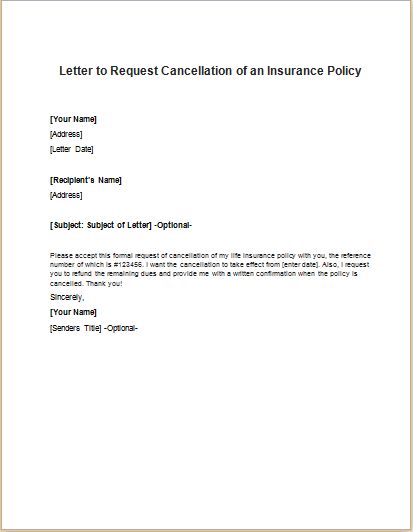
What is an additional insured?
Anyone else involved in a business connection who could be held responsible is called an extra covered Additional insured vs loss payee. This could be a person or a company. This lowers the risk, so it asks the other party to add it as an extra covered on the claims page of the insurance policy.
One example is when the owner of an office building hires a cleaning service to keep the building clean. The cleaning company could be sued if a guest gets hurt when they trip over a box that the owner left in the hallway.
So that it could be safe, the cleaning service would ask the property owner to add it as an extra covered on the owner’s general liability insurance or business owner’s policy (BOP). So, if the guest gets hurt and sues the cleaning service for carelessness, the building owner’s insurance will defend the service.
If the business owner wanted to cover the cleaning company as well, they could use a blanket extra covered endorsement. This would cover the company without saying their name on the insurance. If the owner needed to switch cleaning companies, the coverage would go to the new company without the owner having to name them.
When do you need to add an additional insured?
If working with a third party makes your business more legally vulnerable, you might want to ask for extra protected status.
Someone else, on the other hand, could ask you to include them in your risk insurance. Adding someone as an extra covered can be a good way to move risk in either case.
In a business deal, both sides can ask for extra insurance, but it depends on the details of the case whether both parties get it. For example, when a contractor hires a subcontractor, the contractor usually has more power and would decide if to let the subcontractor become an extra covered.
Who or what is a loss payee?

A loss payee is a third party named on the statements page of an insurance contract who gets paid first when an insurance claim is made after a property loss. Why does the insurer come after the company? Because the person who will pay for the loss has an insured stake in the property that needs to be protected first.
For instance, a florist might get a loan to buy a delivery truck. The florist has to put up the truck as security for the loan with the finance company. If the florist stops making loan payments, the finance company can take back the truck.
If the business owner gets into an accident and then makes a claim with their commercial auto insurance company, the company could stop loan payments, refuse to fix the car up to its full security value, and keep the money. To stop this from happening, the finance company could ask the florist to list it as a loss payee on the claims page of its business auto insurance policy.
When a client makes a damage claim, the insurance company has to let the loss payee know. There are two people that the insurance company has to pay: the florist, who is the named covered, and the financial company, who is the loss payee. When the finance company gets the check, it has to check with the business to make sure there was a loss. Then, it has to send the claim check back to the business owner to pay for the repairs.
What rights do Additional insured vs loss payee
An extra covered person or a loss payee can get insurance benefits along with the named insured. The only difference is that loss payees only get covering for property damage, while additional insureds only get liability protection.
As an example, a business owner wants to sell their house but the buyer can’t get a normal credit. In order to close the deal, the owner agrees to give more money. The seller then asks to be added as an extra covered on the buyer’s general liability insurance. This is done to protect themselves from risk if someone gets hurt on the land and sues the seller.
But if the building burns down, the extra covered would not have the formal right to the claim money before the loan is paid off. They would need to be named as a loss payee on the buyer’s business property insurance in order to do that. In this case, the owner could ask to be added as both an extra covered and a loss payee.
How do I add another covered person or person who will pay for my losses to my policy?
Some types of small business insurance don’t let you add an extra covered or loss payee, so it’s important to talk to your insurance agent about your choices. An expert can help you figure out:
What add-ons can you add to your insurance policy?
If it’s acceptable for a third party to ask to be named as a loss payee or extra insurance
Whether the type and amount of service are right
After you take care of these issues, your agent can start the process of adding an extra covered or loss payee to your insurance.
If you add a new covered person, your payment will go up, but it will still be a small fee compared to the cost of the insurance itself. Most of the time, adding a loss payee to an insurance won’t cost extra because it doesn’t add any more risk.






